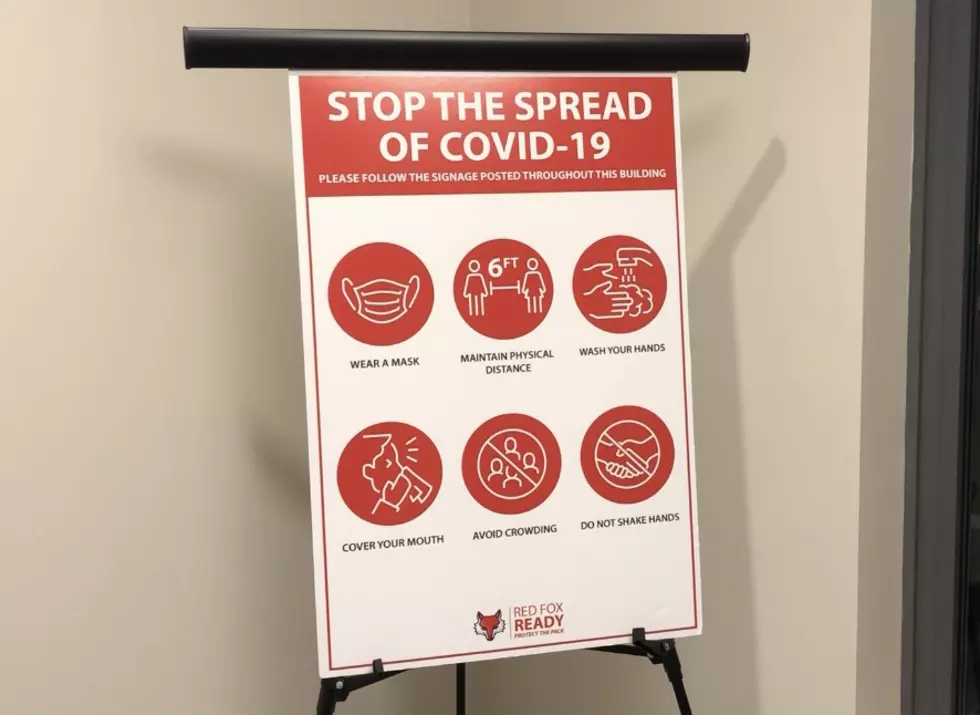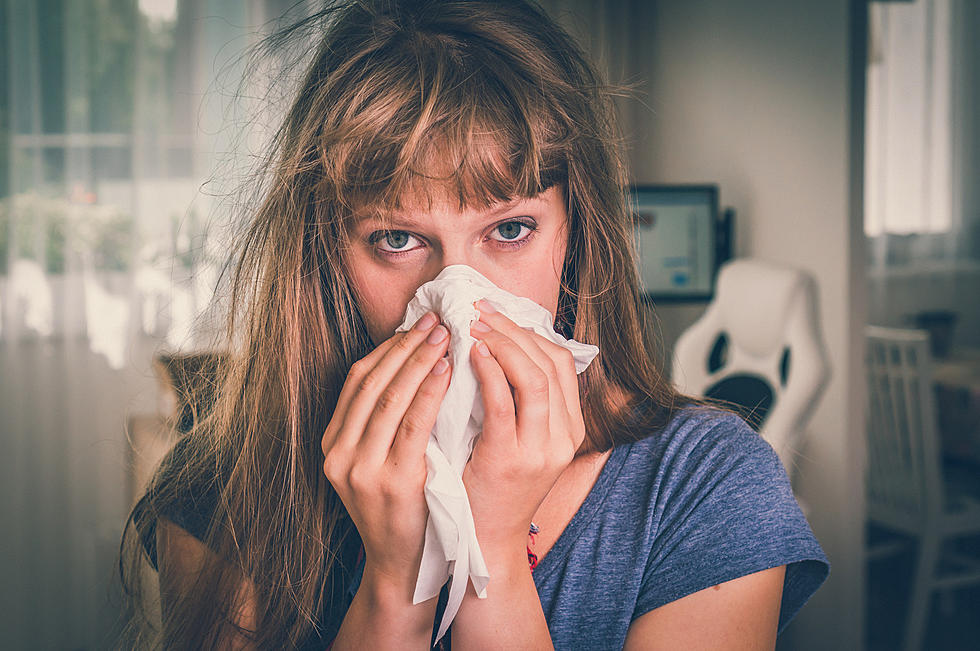
It’s Time for Health Officials to Rethink Covid Messaging
When is the last time you actually read a story about the coronavirus?
Much less cared about what it said? For some, the answer to the second question is probably never. But, at this point the experts may be talking but I'm not sure anyone is listening. And that's as good a reason as any to re-think the messaging our government is putting out about COVID-19.
Over the course of the pandemic, I've changed my position somewhat on COVID-19 and how we should battle it. I was harshly critical of Governor Mike Parson and the lax approach the State of Missouri took with regard to mask mandates and the State's response overall.
Yet when it's all said and done it doesn't really matter. I took two trips to Chicago over the winter. Where every restaurant or live music joint wanted to see your vaccination card and make sure you were wearing a mask. Then you got inside, sat down, and promptly took it off not to wear it again until you were leaving. And no one cared.
I didn't feel safer. I didn't feel more protected than I did going out for a meal in Missouri. So at the end of the day, I'm not sure the attitude Missouri took was any worse than what the City of Chicago took. And personally, I would have approached the pandemic the same way living in either place. I started going out when I was comfortable, and wore a mask in situations that I felt might keep me, or others, safer. And I attempted to be considerate of family members or friends who might feel differently.
The real problem with this pandemic. We've politicized it to the hilt. We've compared deaths in red states, to deaths in blue states. We've compared mask mandates, vaccine mandates, and almost anything else we can relate to the pandemic in political terms. Can we just stop it already?
How about some good common sense information? Information like: Where you can get a vaccination if you want one, or a booster. What populations are more susceptible to having health complications from COVID-19, and what populations bounce back quickly health-wise after the infection. Tell us what we know today about those suffering from long covid and if there's any rhyme or reason to those that wind up with it.
Can we stop bickering about whether the pandemic is over or not? Can we stop arguing about whether or not forcing people to wear masks on public transportation should be required? Or whether you MUST be vaccinated to work somewhere? Let's just give people the information in a non-political way and let each person figure out what's best for them when it comes to keeping themselves healthy.
As for you and I. Maybe don't snicker at the person who still chooses to be careful and wear a mask in situations. Maybe don't view everything through the lens of our politics. Or the risks we're comfortable taking. Have some empathy for the person who's being a little extra careful. They probably have a very good reason. Understand that some people might not want to hit the movie theater, go to that concert, or sit down at a restaurant to eat a meal yet. And that's OK.
In short. Be knowledgeable. Be Understanding. Be kind. And worry about yourself.
Answers to 25 common COVID-19 vaccine questions
15 Ways You Can Help People in Ukraine Right Now
More From AM 1050 KSIS










